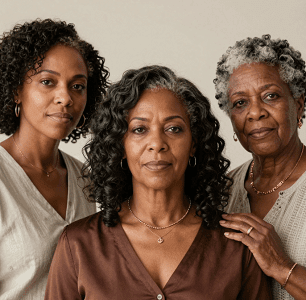New research presented at ASCO 2025 reveals troubling disparities in palliative cancer treatment among Hispanic patients in the United States, with certain national origins facing significantly reduced access to care. The study, led by Edward C. Dee, MD, and Shriya Garg, analyzed data from the National Cancer Database, focusing on patients with stage 4 breast, lung, and prostate cancer.
“We wanted to see if there were disparities in Hispanic subgroups,” Garg explained, noting that previous studies often lump Hispanic patients into broad categories. Their analysis disaggregated the data by national origin, uncovering stark differences.
Patients of Mexican descent showed consistent disparities in receiving palliative interventions across all three cancer types. Those of South or Central American and Cuban descent were less likely to receive palliative care for lung and breast cancer. Dominican patients had significantly reduced uptake of palliative care for breast cancer compared to White patients.
The researchers emphasized that these disparities are not just statistical—they reflect deeper systemic issues. “It could be religion or language or cultural norms or preferences, end-of-life care preferences, cost, immigration status, or financial toxicity,” Garg said. These factors can shape how patients engage with care and whether they receive the support they need.
To address these gaps, the team advocates for culturally sensitive approaches, greater involvement of families and communities in care decisions, and improved patient engagement. Tailoring interventions to specific populations could make palliative care more accessible and equitable.
See: “ASCO 2025: Palliative Care Gaps in Hispanic Patients With Cancer” (July 2, 2025)



